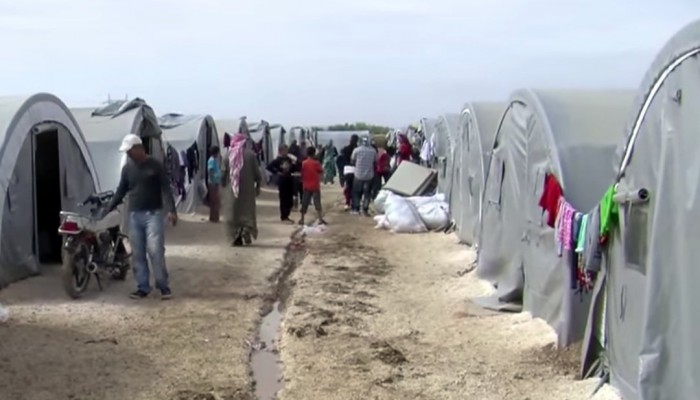Iran’s Mistreatment of Afghans: Human Rights Violations of Refugees and Asylum Seekers
This post forms part of our series in showcasing abstracts of presentations featured at our annual postgraduate interdisciplinary conference on refugee and forced migration research, hosted in October 2017 at The University of Melbourne.
Farhad Arian
The Iranian government’s strict policies, legal restrictions and bureaucratic obstacles have largely violated human rights of Afghan refugees, asylum seekers and migrants.
The violation of human rights of Afghans in Iran have taken place in a variety of different ways, including forced deportation, denial of education rights, lack of employment opportunities, forced labour, lack of access to healthcare, denial of right to liberty, no freedom of movement, forced family separation, regular physical abuses, mistreatment in detention and deportation centres, and forced recruitment to fight in Syria. However, the continuous mistreatment and human rights violation of Afghans have not necessarily prevented the regular flow of Afghan migration to Iran because of obvious reasons.
Most importantly, the deterioration of the security situation in Afghanistan following the withdrawal of the United States-led international security forces in December 2014, widespread violent conflict, increasing political instability, lack of economic and employment opportunities and absence of rule of law and good governance have forced hundreds of thousands of Afghans to leave the country and seek refuge in other countries, including Iran.
The mistreatment and human rights violation of Afghans is in contradiction to Iran’s international human rights and refugee protection obligations because as a state party to the Refugee Convention and its Protocol as well as other international human rights treaties, the Iranian government has a legal responsibility to protect the rights and freedoms of Afghans refugees and asylum seekers.
Farhad Arian is a Senior Research Officer at the Edmund Rice Centre in Sydney. His research primarily focuses on refugee empowerment, human rights of people seeking asylum, and returnees experience. Farhad holds a Master of Research from Macquarie University and two additional Master’s degrees in International Relations and Conflict Analysis.
4 Responses
Leave a Reply
You must be logged in to post a comment.

Pingback : پیشنهاد مفصل سبزهای آلمان برای تصویب در بوندستاگ درباره حقوق بشر در ایران
Pingback : طرح سبزهای آلمان برای محکومیت جمهوری اسلامی در مجلس ملی این کشور (بوندستاگ) - بهائیان در آئینه مطبوعات
Pingback : Iran and UNHRC: When Tyranny Plays Victim – iran panorama
Pingback : Iran and UNHRC: When Tyranny Plays Victim – Iranian Voice News